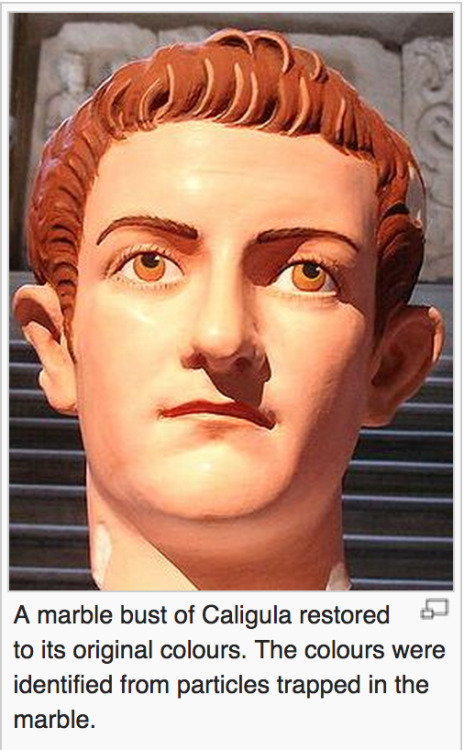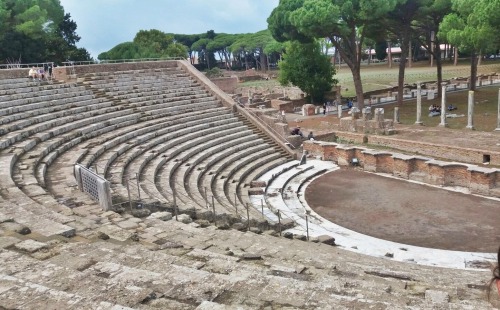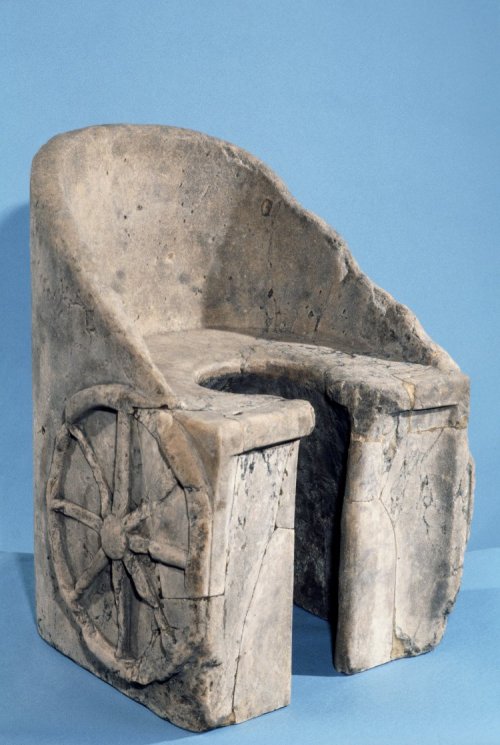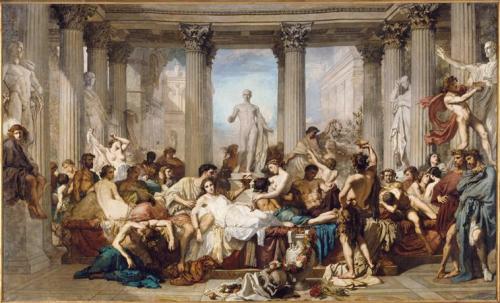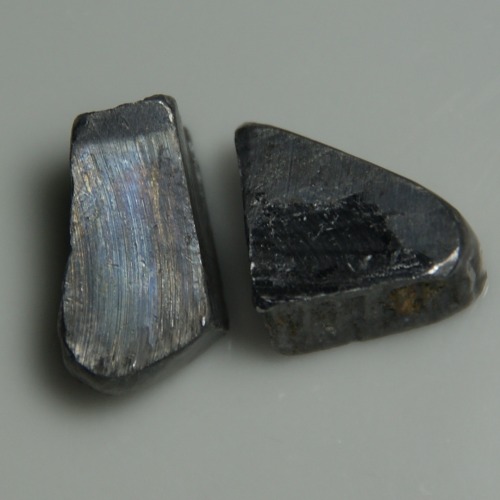#ancient rome
If my novel were a sports anime…
ROMAN GOVERNMENT:
WESTERN Civilization is forever indebted to the people of ancient GreeceandRome. Among the numerous contributions these societies made are in the fields of art, literatureandphilosophy; however, perhaps their greatest gift to future generations was the modern perception of government.
The contemporary idea of democracy, while borne out of the political struggles in the cityof Athens, came to fruition in the Roman Republic, surviving, despite the constant interference of the emperor, through the Roman Empire. Although the present definition of democracy has changed considerably, one must still recognize its early evolution in that eternal city, Rome.
TheRoman Republic emerged out of what one historian called “the ashes of the monarchy.” Years underneath the unyielding yoke of a king taught the people of Rome that they had to safeguard against the rule, and possible oppression, of one individual. The real authority or imperium of the republic, and later empire, was to be divided among three basic elements - elected non-hereditary magistrates, a Senate to advise and consent, and popular assemblies.
Info by Donald L. Wasson on Ancient History Encyclopedia
Post link
The Founding of Rome
The most cherished legend concerned the founding of Rome. In its retelling Roman historians stress the grandeur of Romes’s origins, and paid little heed to accuracy.
Rome, the legend states, was planned by the gods who, after the Fall of Troy, ordered the defeated prince Aeneas, a son of Venus, to lead his fellow refugees to a promised land in the West, Surviving many trials and temptations on their roundabout voyage, the Trojans reached Italy. Eventually the joined forces with the Latins and with Aeneas as their king, founded Lavinium, a city near the coast and about 16 miles southeast of the site of Rome. Later, under Aeneas’ son Ascanius, they moved a few miles inland to begin a new city, Alba Longa.
In the 8th century BC, the legend continues, the Latin princess Rhea Silvia, sworn to chastity as a Vestal Virgin, gave birth to twin sons fathered by the god Mars. As punishment for the violation of her oath, her uncle, King Amulius, imprisoned her and ordered that infants, Romulus and Remus, be abandoned to die on the bank of the flooding Tiber. The boys were found by a she-wolf who nursed them until a shepherd discovered them and took them into his home. When they reached manhood, they resolved to build a new city on the Tiber, and Romulus traced to boundaries of Rome with his plow. And Remus meet his demise.
Post link
More inspired Latin than found Latin here, and a bad pun.
This piece of heart-shaped lettuce just spoke to me in the voice of Catullus.
“Vivamus, mea Lesbia, atque amemus.” - Catullus 5
I suppose I should thank Whole Foods for the lettuce from my salad bar lunch yesterday.
Post link
With the general and his soldiers having captured and pillage the small village with torches and spears, they left.
Post link
If there’s one thing I’ve noticed that’s common to tumblr and non-tumblr classicists, it’s hatred for Aeneas, from benign condescension to flat out antagonism. Admittedly, for many years scholarship advertised Aeneas as nothing more than ‘the founder of the Roman race’, which doesn’t really sell these days. Scholars swept under the carpet the qualities that make Aeneas such a gift of a character - his compassion for others, his pain, his humanity - because it’s not fashionable for a manly hero to have those qualities, right?!
I cannot take it any longer. I must tell you how we have all been cheated, and why Aeneas is one of the literary figures I most admire.
Nowadays most people study Latin first, and then Greek, and the Aeneidis one of the first things everyone studies. But Vergil’s Roman readers will have already read the Iliadfirst. So Vergil’s Aeneas is Vergil’s take on a familiar character, and Vergil takes it for granted that we know all about him. What is Aeneas like in the Iliad?
- Aeneas is honoured by the Trojans as much as Hector is (5.467).
- Aeneas and Hector are rebuked for letting the allies fight in their place, and it is Aeneas who is addressed first (5.77).
- Priam does not appear to share his people’s favour for Aeneas (13.461). While Aeneas is brooding over this, he is sought out by Deiphobus: ‘Aeneas, counsellor of the Teucrians, you need to help the army’ (13.463-4).
- Glaucus appeals to Hector andAeneas to save the body of Sarpedon, unaware that Zeus has already done this (16.536-47).
- Hectorlistens to Aeneas’ advice. Are we going to argue with Hector? Everyone loves Hector, and Hector loves Aeneas. When Apollo rebukes Aeneas because he, Hector and others aren’t fighting (17.327-32), Aeneas recognises the god and tells Hector that it is shameful to retreat into Troy (17.335-41). Hector listens to him, although he doesn’t usually listen to the good advice of Polydamas, but threatens him instead (12.230-50, 18.296).
- Aeneas is a renowned warrior (8.108). But that doesn’t make him arrogant – Aeneas is sensibly reluctant to try to fight Achilles when he knows that Achilles is stronger (20.89-99), but he is goaded into it by Apollo, who protests that Aeneas too is the son of a goddess (20.104-9).
- The gods (20.115-31) and the poet (20.158-60) suggest that Aeneas is at least nearly equal to Achilles in valour.
- Aeneas’ reply to Achilles’ taunts is measured (20.200-58).
- Even though Achilles is the best warrior, it is by no means easyfor him to defeat Aeneas (20.288-90).
- Aeneas is rescued from his battle with Achilles by Poseidon, who is a pro-Greek god. Poseidon saves Aeneas on the grounds that: he’s unaware of his fate to survive (20.296), has done nothing wrong (20.297), always gives gifts to the gods (20.299), and most importantly is fated to survive (20.300-8). Poseidon’s only rebuke is that Aeneas shouldn’t have listened to Apollo and fought with Achilles; rather, he should stick to the otherwarriors, since none of the others will be able to kill him (20.331-9). Achilles muses in bewildered disgust: ‘Well then, Aeneas truly was beloved of the immortal gods’ (20.347-8).
In other words, Aeneas is one of the few characters in the Iliadwho is rewarded by the gods for being a good person. He is also not allowed to show valour in the way he wants to, like the other heroes, because the gods have plans for him.
In the Aeneid, we learn that Aeneas does not want these plans, but he has to follow them anyway. He does not regain his agency, but the gods’ protection is removed from him by the anger of Juno. How can anyone hate a character who is introduced like this:
This is a song of war, and of the hero who was the first to come,
by fate a refugee, from the shores of Troy to Italy and Lavinian
shores, and who was furthermore tossed all over land and sea
by the violence of the gods, because of cruel Juno’s unforgiving anger;
he suffered much in war, too, so that he might found a city
and bring his gods to Latium, whence come the Latin race,
the Alban fathers, and the walls of lofty Rome.
Muse, tell me the reasons – what slight to her divinity,
what grief made the queen of the gods drive to endure
so many misfortunes, to encounter so many trials, a man famed
for his goodness? Can there be such anger in the minds of the gods?
Vergil has a lot of feelings about Aeneas. You should, too.
‘But Vergil goes out of his way to make Aeneas a drip!’ NO.Vergil writes a realistic character. Vergil’s Aeneas behaves EXACTLY LIKE anyone should expect a war-torn refugee to behave. He is miserableand scared. But he accepts the responsibility put upon him, and he puts this responsibility before his own fears and his own desires.
Vergil could have written a poem about ‘the founder of the Roman race’ just marching into Italy and lording it over everyone because that was his destiny and that was his right. But Vergil stopped to think, and he thought, ‘Wait, this figure is a refugee. This is a good man who loved his home and his people and would value that quality in others. This is a man who suffered and would not want others to suffer like he did. This is a man who would forget how to want his own happiness.’
I can’t go through the whole Aeneidhere, because I could write reams about every scene, but I’ll talk a little about two of the things for which Aeneas is most criticised, which I haven’t already talked about in my previous Aeneid rants (all in my tag here, but especially this one).
Thanks for taking the time to put this together and include all the references!
“Aeneas constantly puts others first and all he gets in return is misery.“ Ouch. That is so true.
This is a fantastic post. I could write a thousand words here elaborating on it but I’d probably just be reiterating stuff from your post that I just don’t think can be emphasized enough, so I’ll keep it short. I don’t understand why Aeneas isn’t more popular either. The classics fandom is rightly wild about Hector and Patroclus because they remain good people amidst the annoying violent masculine hero culture, so why not Aeneas? He’s a devoted family man who goes through hell but remains incredibly resilient and selfless. He’s a fairly understated, easily overlooked character in the Iliad, yet, as you showed, he’s already got a lot of good qualities there, and he’s not as flashy as Achilles or Hector but that’s exactly why he’s the one who survives, why he’s the one who’s worthy of carrying the destiny of the Trojans. It is tough, seemingly endless work to be the kind of hero the Aeneid requires but he does it, and IMO he deserves ALL the respect and sympathy for it. What’s not to love? (Well, there was the time he tried to kill Helen, but it was just one time and he was very upset and under a lot of stress so I can forgive him.)
I’m gonna stop here before I spend all night ranting in praise of my small son Aeneas.
Germán Amores Hernández - Socrates Chiding Alcibiades’ Home of a Courtesan [1857] on Flickr.
Germán Amores Hernández (June 10, 1823 or 1827 - May 16, 1894) was a Spanish painter. He studied at the School of Fine Arts in San Fernando, Paris, and Rome. His topics were mainly mythological and classical, and he was noted for the precision of his drawing.
[Museo Nacional del Prado, Madrid - Oil on canvas, 278 x 226 cm]
Post link
caligula had anime eyes
wait romans painted their marble sculptures
it looks like a cheap theme park ride mascot
yep
here’s a statue of Augustus
and here’s a reproduction of the statue with the colors restored
i honestly think that what we consider the height of sculpture in all of Western civilization being essentially the leftover templates of gaudy pieces of theme park shit to be evidence of the potential merit of found art
“I tried coloring it and then I ruined it”
And you know what the funniest part is? The paint didn’t just wear off over time. A bunch of asshole British historians back in the Victorian era actually went around scrubbing the remaining paint off of Greek and Roman statues - often destroying the fine details of the carving in the process - because the bright colours didn’t fit the dignified image they wished to present of the the cultures they claimed to be heirs to. This process also removed visible evidence of the fact that at least some of the statues thus stripped of paint had originally depicted non-white individuals.
Whenever you look at a Roman statue with a bare marble face, you’re looking at the face of imperialist historical revisionism.
(The missing noses on a lot of Egyptian statues are a similar deal. It’s not that the ancient Egyptians made statues with strangely fragile noses. Many Victorian archaeologists had a habit of chipping the noses off of the statues they brought back, then claiming that they’d found them that way - because with the noses intact, it was too obvious that the statues were meant to depict individuals of black African descent.)
Sorry, I keep reblogging this over and over, the last comment is unbelievable. Wow.
Same thing for the pillars. They were all very brightly colored. Michalangello was not primarily a painter, but a sculptor. So if you think that the statues would look gaudy, these artists were painstakingly detailed and you can bet your asses the painting would probably have made them look nearly lifelike. This was an entire system. They didn’t say “eh let’s put some crappy paint on there and call it a day.” No. It would have been amazing.
That makes sense. Residual particles of paint would give us the general colors (or at least the base colors) but certainly not the detail.
Post link
i’m gonna be honest, whenever i’m feeling kinda meh, one thing that will always cheer me up is imagining ancient romans speaking with ridiculous southern united states accents
please imagine cicero addressing the senate with “well howwwwwwdy, y’all”
instead of catullus 16 beginning with “pedicabo ego vos et irrumabo” it starts off with “bless your hearts, furius and aurelius”
augustus reads ovid’s poetry and exiles him on the grounds that “it ain’t right”
and honestly i would love to hear “y’all’d’ve” come out of any of the ancients’ mouths
“Ο κόσμος αλλοίωσις, ο βίος υπόληψις.”


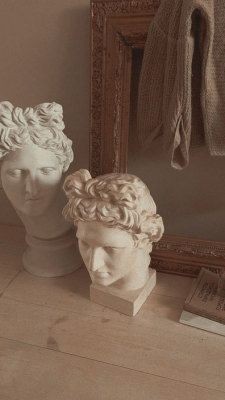
“World is decay, life is perception.”
~Pavonazzetto marble latrine in the form of a chariot.
Culture/period: Roman
Date: 2nd century-3rd century (early) Excavated/Findspot: Baths of Caracalla(Europe,Italy,Lazio,Roma (province),Rome,Baths of Caracalla)
marble
This is hilarious
Post link
Everybody who studied archaeology has that one object which they just Vibe™️ with, which touched their soul and will stay with them forever.
Mine is this Roman frog fountain centrepiece (Ashmolean)
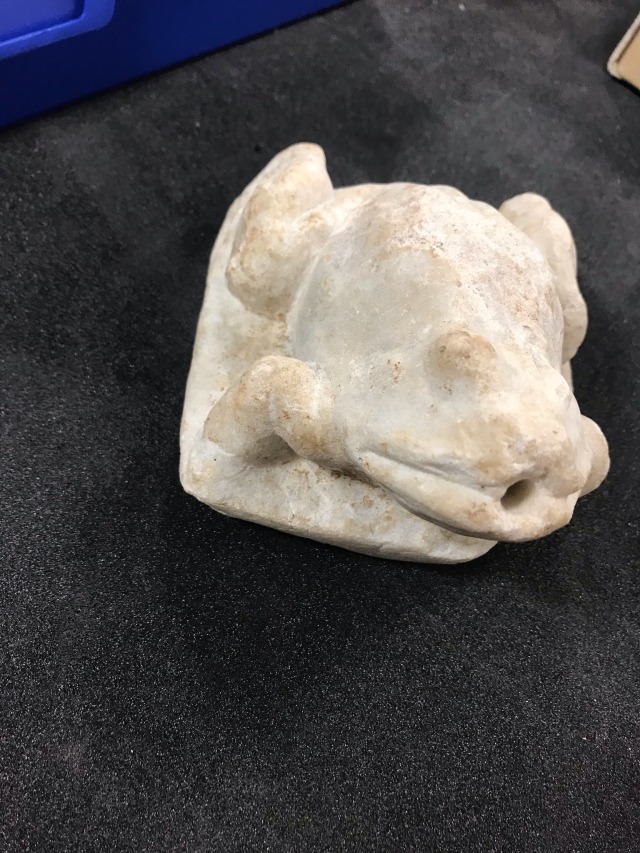

REBLOG WITH YOURS
Saturnalia
The sinister aspect of Saturn; the winter solstice; the death of the old year and birth of the new, dies natalis solis invicti, the birthday of the unconquerable sun; the passage from chaos to cosmos; the suspension of time.
The dead return during the twelve nights of the duration of Saturnalia.
It is also the time of the sacrifice of the old king, or his scapegoat, as waning fertility, and instigating the enthronement of the new king as virility.
The twelve days of chaos symbolize the patter of the coming months of the year.
The period of chaos is governed by the Lord of Misrule, or the King of the Bean and the Queen of the Pea.
Transvestism is a feature of the time of chaos in Saturnalia, orgies carnivals, etc. and signifies a form of return to chaos.
Babylon held the twelve days of duel between Chaos and Cosmos; in Christianity these are the Twelve Days of Christmas.
Post link
LEAD
Energy: Receptive
Planet: Saturn
Element: Earth
Associated Herbs: Rose, Nettle, Rue, Cumin
Powers: Divination, Protection, Defensive Magic
Magical/Ritual Lore:
Lead has long been used in magic. In ancient Greek times tablets of this metal were ritually charged and inscribed with ‘words of power’. These tablets were generally used in negative spells because the lead ensured the spell’s long continuance.
In India during the 11th century, charms and figures designed to cause conception or to increase the fertility of gardens and orchards were engraved on lead tablets.
Magical Uses:
Lead is a heavy metal which causes death when it’s absorbed by the body. The ancient Romans discovered this by using lead dishes and cooking utensils.
A curious divination, recorded in the 1800’s in Italy by Charles Godfrey Leland, uses lead. Take three rose seeds (remove them from the “hip” that forms after a rose has lost its petals), three nettle leaves, two rue leaves and three cumin seeds. Put these on a metal plate along with a small quantity of lead.
At midnight, while clearing your mind of needless mental clutter, burn two yellow candles and light a fire. Place the metal plate over the fire. Then fill a large basin with water. Once the lead has melted, pour it, along with the herb ashes, into the water.
When the lead nodule has cooled, remove it from the water and gaze at its shape. The ritual and the lead itself should allow access to your psychic mind. If nothing comes to you, place the nodule beneath your pillow and let your dreams guide you.
Lead is worn or used in protective spells and also plays its part in defensive magic. It can be placed near the entrance of the house to prevent negativity from gaining access.
[Source: Cunningham’s Encyclopedia of Crystal, Gem, & Metal Magic by Scott Cunningham]
Post link
the people of rome: nero, why did you set rome on fire
nero:


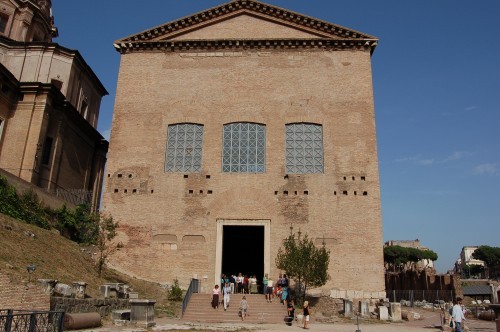



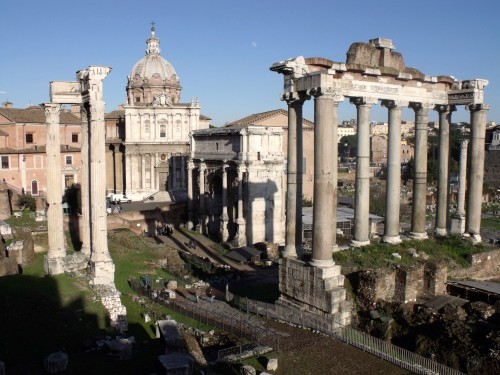

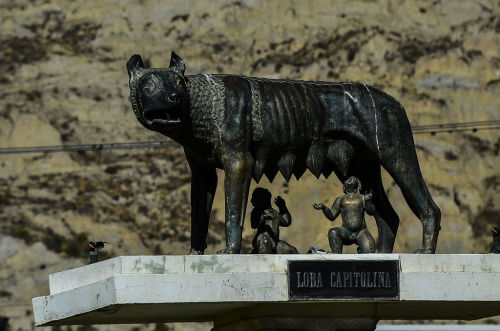

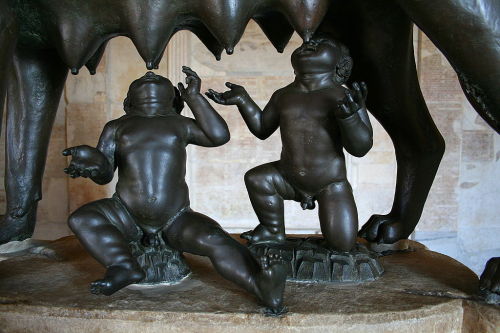
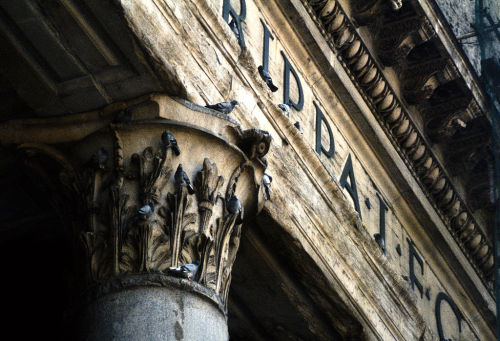

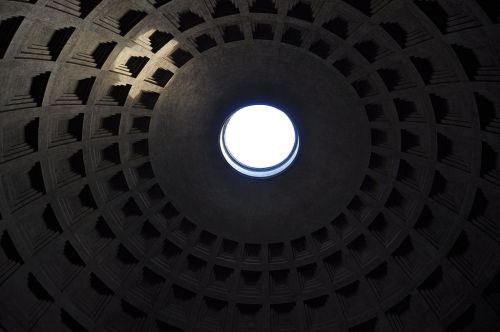
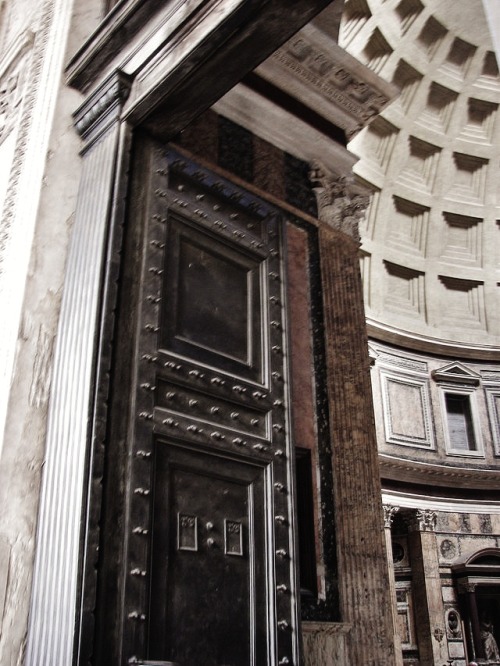
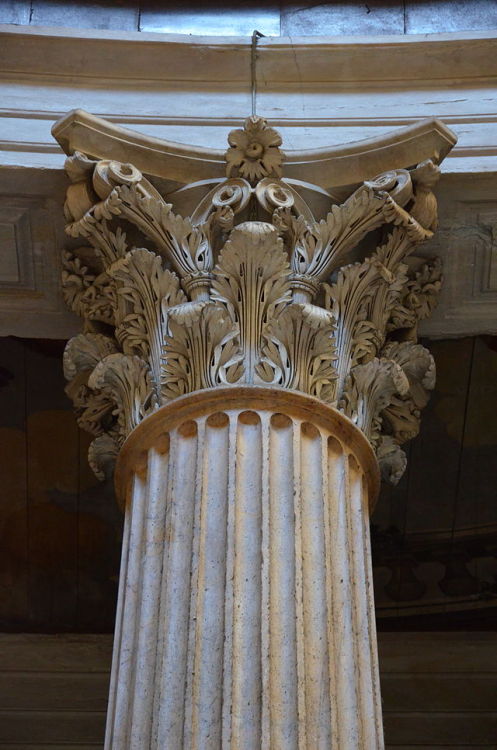
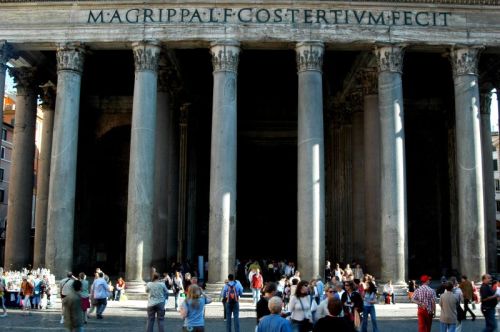
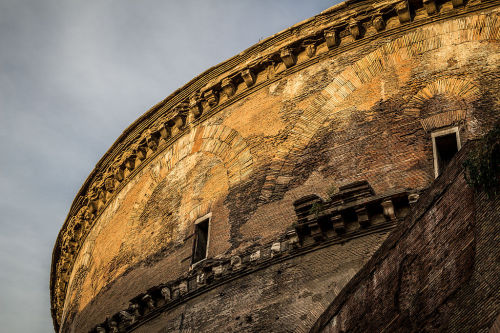


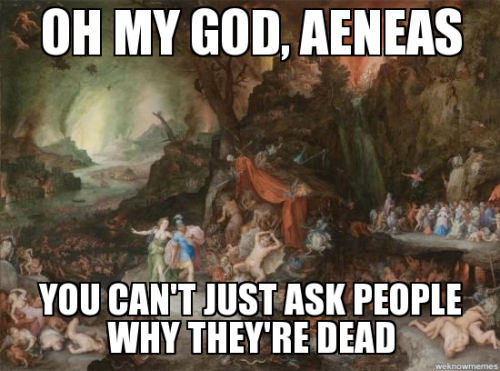











![gandalf1202:Germán Amores Hernández - Socrates Chiding Alcibiades’ Home of a Courtesan [1857] on F gandalf1202:Germán Amores Hernández - Socrates Chiding Alcibiades’ Home of a Courtesan [1857] on F](https://64.media.tumblr.com/cf450ad6035c6f56c5651fa2f35dd906/tumblr_n3r71nFr811rf65p5o1_500.jpg)
